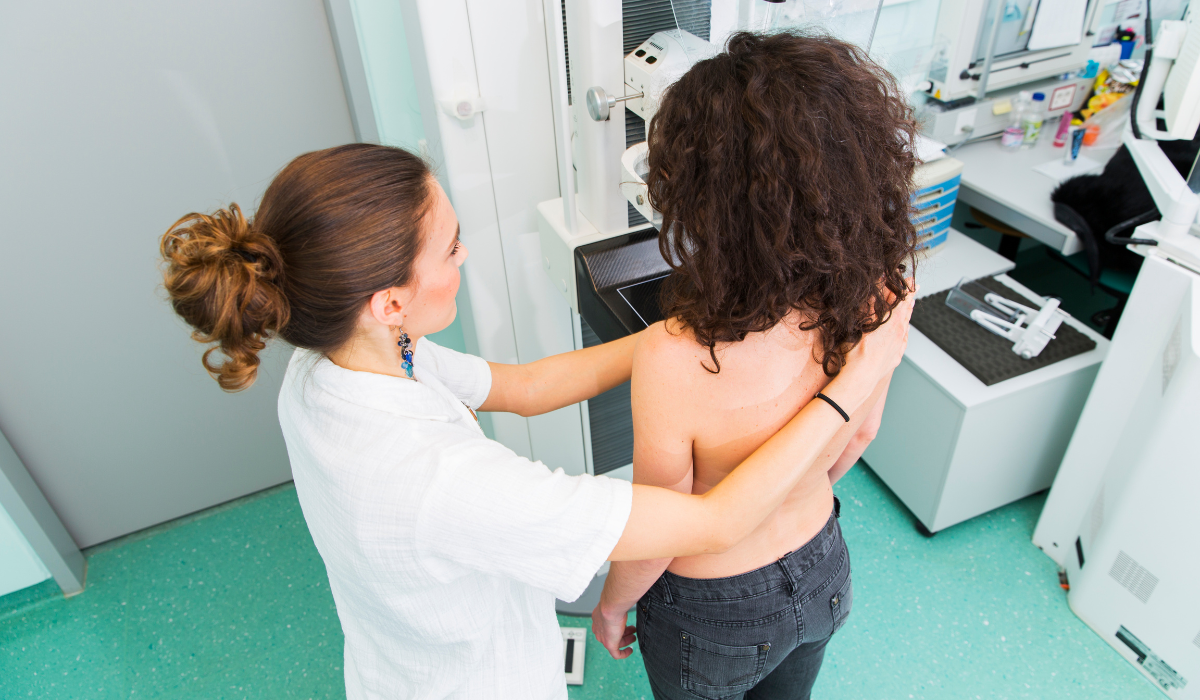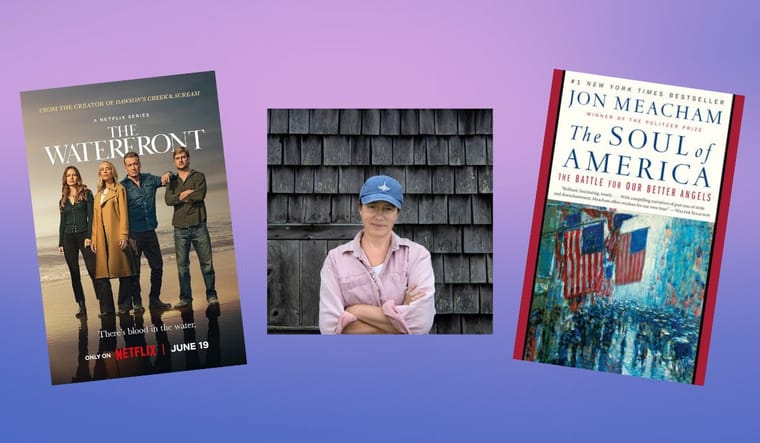News Above the Noise—Week of May 14, 2023

1. What Do You Need to Know About the New Mammogram Guidelines?
This week, health officials announced new guidelines recommending women begin getting regular mammograms every two years starting at the age of 40 if they’re at average risk of breast cancer. It’s a significant change from the previous guidelines, which said women could start routine mammograms at age 50.
For many women who’ve been getting regular mammograms starting in their 40s, the new guidelines issued by the U.S. Preventive Services Task Force this week was confusing. “For years, most cancer centers and doctors were still recommending mammograms starting at age 40,” Dorraya El-Ashry, PhD, chief scientific officer of the Breast Cancer Research Foundation told The Sunday Paper. Guidelines from other organizations recommended earlier screening as well. For example, The American Cancer Society has long recommended that women aged 40 to 44 should be able to choose screening, but beginning at age 45 women should get mammograms every year until age 55. (A woman’s risk of fast-growing cancers is greatest before menopause.)
“In 2009, the U.S. Preventive Services Task Force raised the age for starting routine mammograms from 40 to 50 because of the potential harm of getting mammograms starting at 40,” says El-Ashry. “They were concerned earlier screening would lead to false positives and unnecessary biopsies.” However, the alarming rise in breast cancer diagnoses among younger women—and persistently high death rates among Black women—prompted the task force to reverse their 2009 recommendation.
“I think most people—myself included—would rather have a false positive and be told it’s not breast cancer than to miss catching breast cancer early,” says El-Ashry. “If we catch breast cancer early, the five-year survival rates are close to 100 percent. When we don’t catch it early, that number goes down drastically.”
So, what does this mean for women around the country? Talk to your doctor, says El-Ashry, and ask how the new guidelines might change your plan for breast cancer screenings. If you have dense breasts, discuss what additional screenings you might need, whether whole breast ultrasound or MRI.

2. What to Know About Title 42
Title 42 is a 2020 policy that allowed U.S. authorities to quickly return migrants encountered at the border to their home countries or send them back into Mexico, which officials said was aimed at stopping the spread of Covid-19. It expired at 11:59 p.m. ET Thursday, and officials say the expiration could attract a surge of migrants and worsen an already challenging humanitarian crisis at the southern border. Homeland Security Secretary Alejandro Mayorkas has warned that once Title 42 lifts, the U.S. government will return to a decades-old section of the US code known as Title 8, which would carry “more severe” consequences for migrants found to be entering the country without a legal basis. For more on this developing story, click here.

3. Why E. Jean Carroll’s Victory Isn’t Just About Trump
When a New York jury found former President Donald Trump liable for sexual abuse and defamation of the writer E. Jean Carroll and awarded her $5 million, many people—especially women’s rights advocates—said the verdict points to the continued power and relevance of the #MeToo movement and how fundamentally it has changed American society. “The Carroll case says … it’s worth fighting back, even against a man who was once arguably the most powerful person in the world,” writes Jill Filipovic in a Time magazine article, which you can read here.

4. Four Mistakes to Avoid When You’re Lonely
According to the most recent survey from the Pew Research Center, a staggering 42 percent of adults in the U.S. said they had felt lonely at least one or two days during the past week. In addition to the emotional impact of loneliness, it has serious effects on our physical well being, with research linking it to an increased risk for depression, dementia, heart disease, and even premature death. Yet what if the reason you feel lonely is because of beliefs you have about why it’s too hard to meet new people, connect with those you know, or rekindle old friendships? To read more about these beliefs and the steps you can take to counter them, click here.

5. Speaking More Than One Language Can Stave Off Dementia
Good news for those who are bilingual: Scientists looked at hundreds of older patients and found that those who had used two languages from a young age scored higher on tests for learning, memory, and language than those who spoke only one language. They believe those who are bilingual develop skills like self-control, multitasking, quick thinking, and emotion management by switching between two languages—which could help stave off dementia. For more details about this new study, click here.
Editor's Note: Every week, The Sunday Paper's team of journalists sift through the news to find what Rises Above the Noise, makes sense of what's happening in the world, and provides hope for your week to come. While we do our best to provide our own informative summary of each piece, some publications require their own subscriptions beyond our control.
Please note that we may receive affiliate commissions from the sales of linked products.



